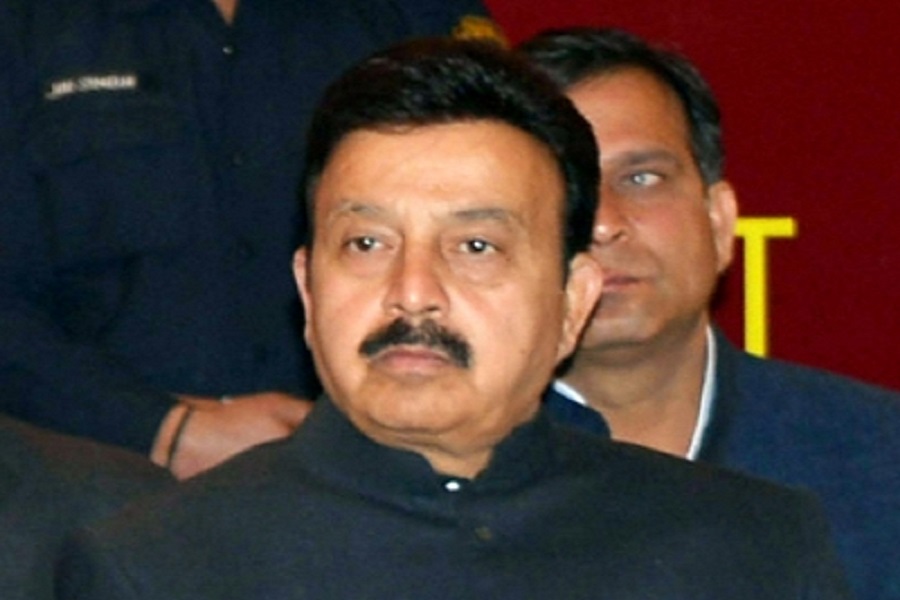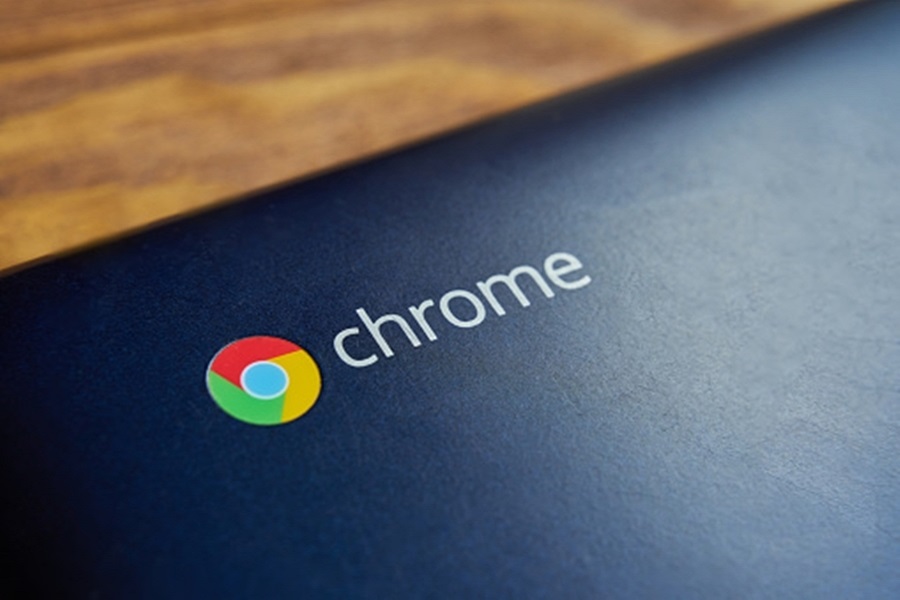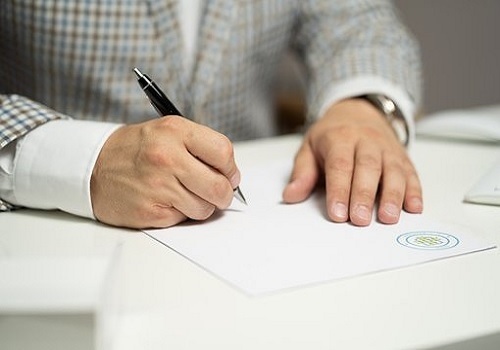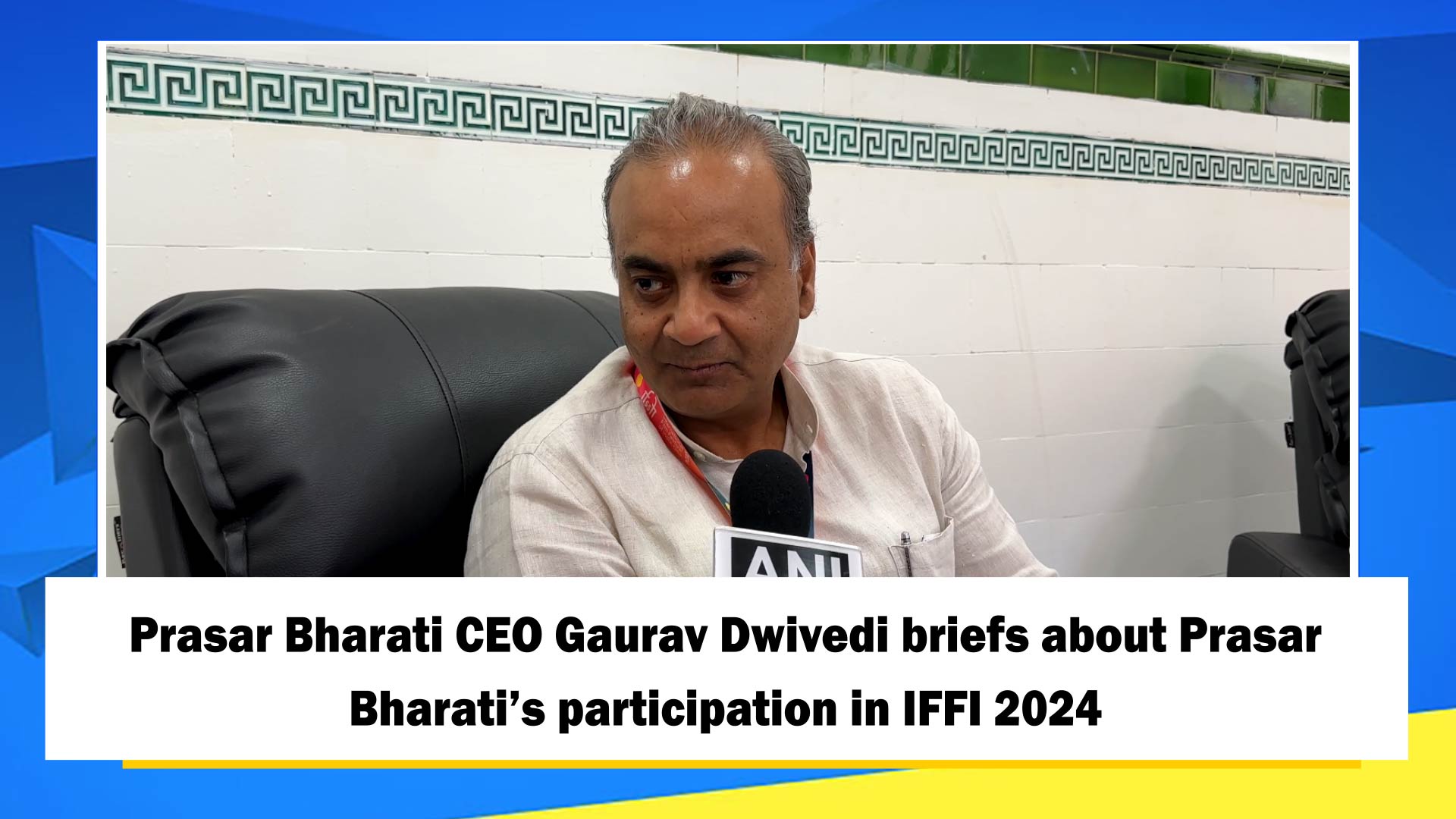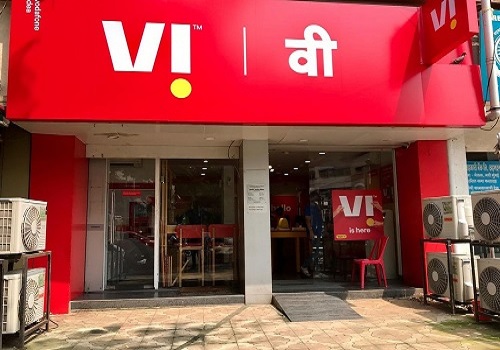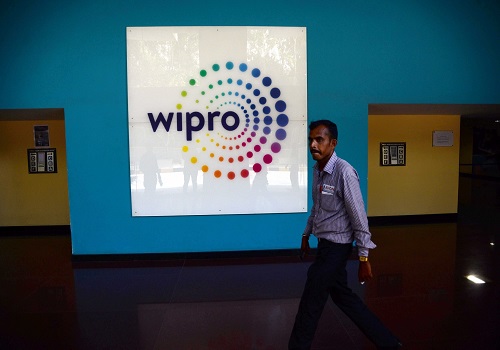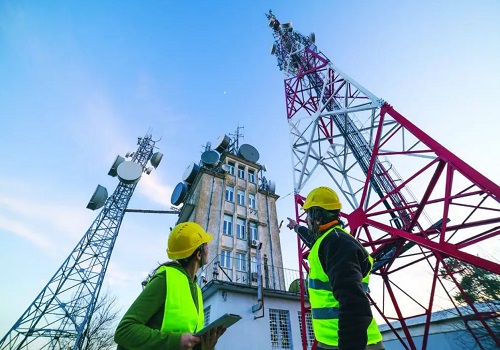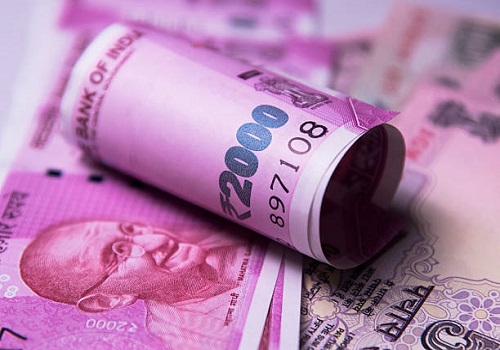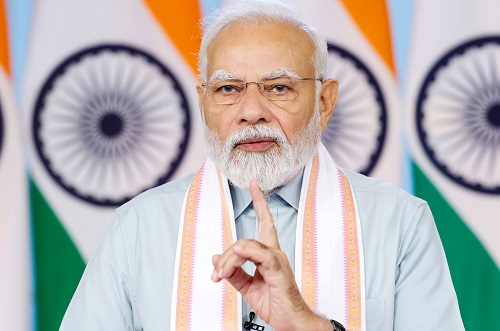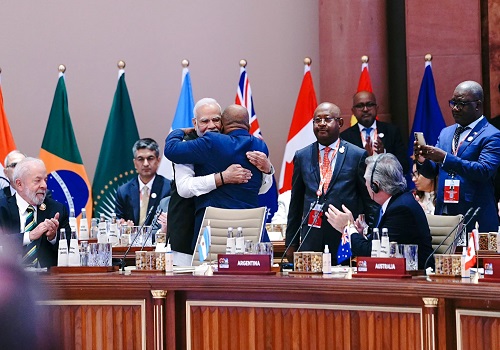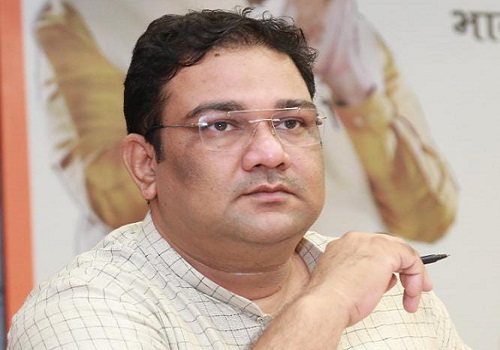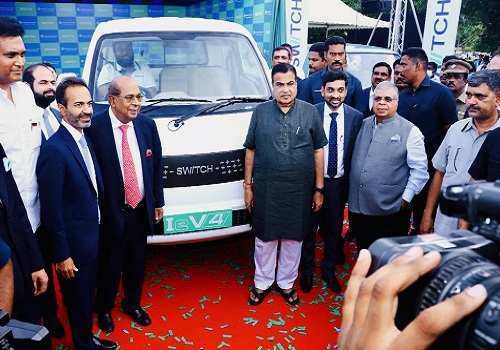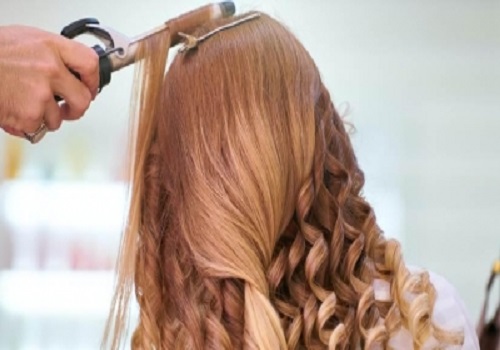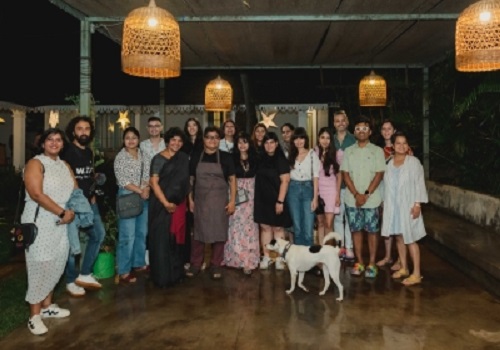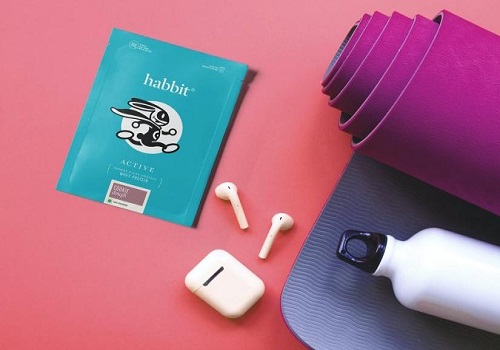Cosmetic procedures, stop the trolls and break the taboo
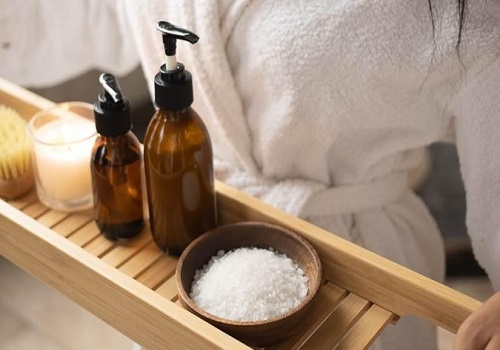
Follow us Now on Telegram ! Get daily 10 - 12 important updates on Business, Finance and Investment. Join our Telegram Channel
Although it is said that beauty is in the eyes of the beholder, there is a lot of pressure on people, particularly women, to appear a specific way due to preconceived and widely accepted conceptions of beauty that are spread by the media and through social media. It's frightening to think that your nose needs to be thinner and more pointed, and that your cheek and jaw lines need to be smooth with no sagging skin. We're also frequently informed that having a crow's foot hanging at the corner of our eyes often indicates that we're ageing.
One can only imagine the amount of pressure people face in light of all of these expressed and unspoken beauty demands, which are only a few of the widely accepted appearances in society. On the other hand, some people simply want their faces touched to seem better or their bodies altered to look a certain way. There are still many misconceptions about cosmetic treatments and operations, despite the fact that getting "work done" is more prevalent than it was 10 or 20 years ago.
While society continues to be against the idea, it is becoming more and more popular among the populace in other parts of the world like South Korea, Brazil, the UK, and even India. For many years, cosmetic surgery was frowned upon in India, and individuals who ventured to get the procedure were stigmatised and criticised for having low self-esteem. However, recent research has indicated that aesthetic procedures have improved psychosocial well-being.
What does a cosmetic procedure do for people?
People might easily tweet ignorantly while hiding behind their keyboards and social media usernames if they are not aware of the whole situation. The truth is that a lot of people receive cosmetic therapy to remove obvious scars from trauma, congenital problems, or deformities. The reaction from other members of society can be extremely cruel and degrading, portraying people as outcasts. Psychological stress and social anxiety can seriously lower quality of life, but procedures can help people feel better about themselves.
Some individuals may not feel comfortable in their own bodies in addition to congenital abnormalities and deformities brought on by stress and accidents. If a person is unhappy with their looks, there is nothing wrong with wishing to change it. Additionally, this can increase people's self-esteem, make them love their bodies more, and make them happier all around. A 2015 study by the University of Basel found that the majority of persons who have undergone cosmetic procedures are genuinely happy with the results and confident in how they look.
Cosmetic operations can also be used to treat problems like unintentional burns and long-lasting scars, and numerous studies have noted extremely excellent patient outcomes. There is a lot of awareness about other minor and non-invasive procedures like hair transplant and skin rejuvenation using laser technology and the administration of hyaluronic acid, despite the fact that lipoplasty, chin uplifting, nose jobs, breast enhancement and reduction, lipoplasty, chin reduction, botox, and nose jobs are the most popular procedures in India.
Options for cosmetic treatments
In addition to true facial reconstruction, skin grafting, and other invasive cosmetic operations, there are also various therapies for skin health and aesthetics that are only partially invasive. One such process is profhilo. The practitioner can add the essential moisture for smoother, more plump skin by injecting hyaluronic acid into the skin's top layer. It is a method for skin bio re-modelling and can take the shape of lip fillers, fractional mesotherapy, or skin boosters.
You'll have skin that is clearly younger, more moisturised, and completely regenerated. In general, cosmetic procedures aim to improve people's quality of life, sense of physical well-being, psychosocial well-being, and overall self-esteem. In fact, taunting such people might make people feel even more anxious and depressed. The best course of action is to be more sympathetic and friendly to others, even when we are unaware of their situation.
(Pankaj Chaturvedi, MD, Director and Consult Dermatologist, MedLinks)

